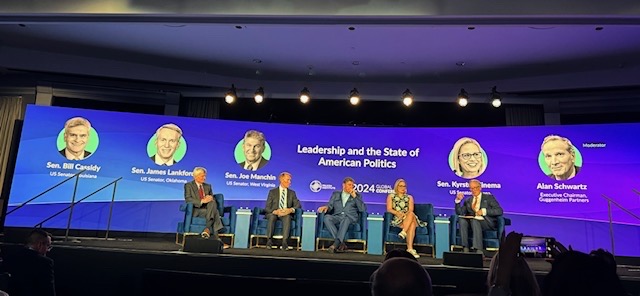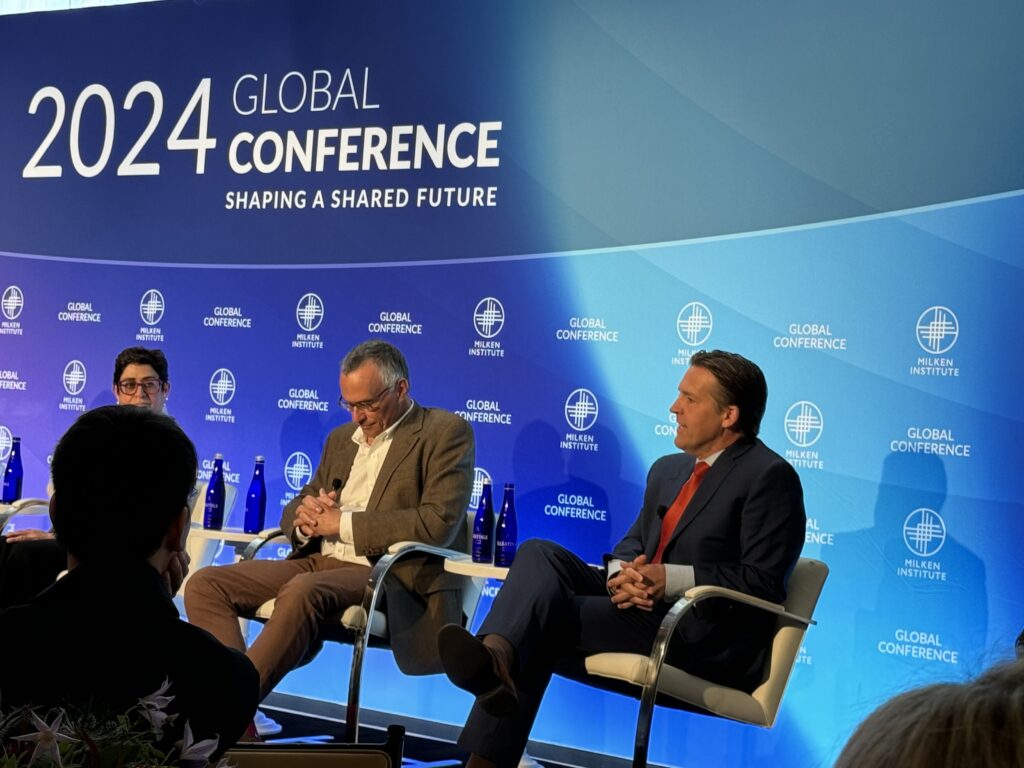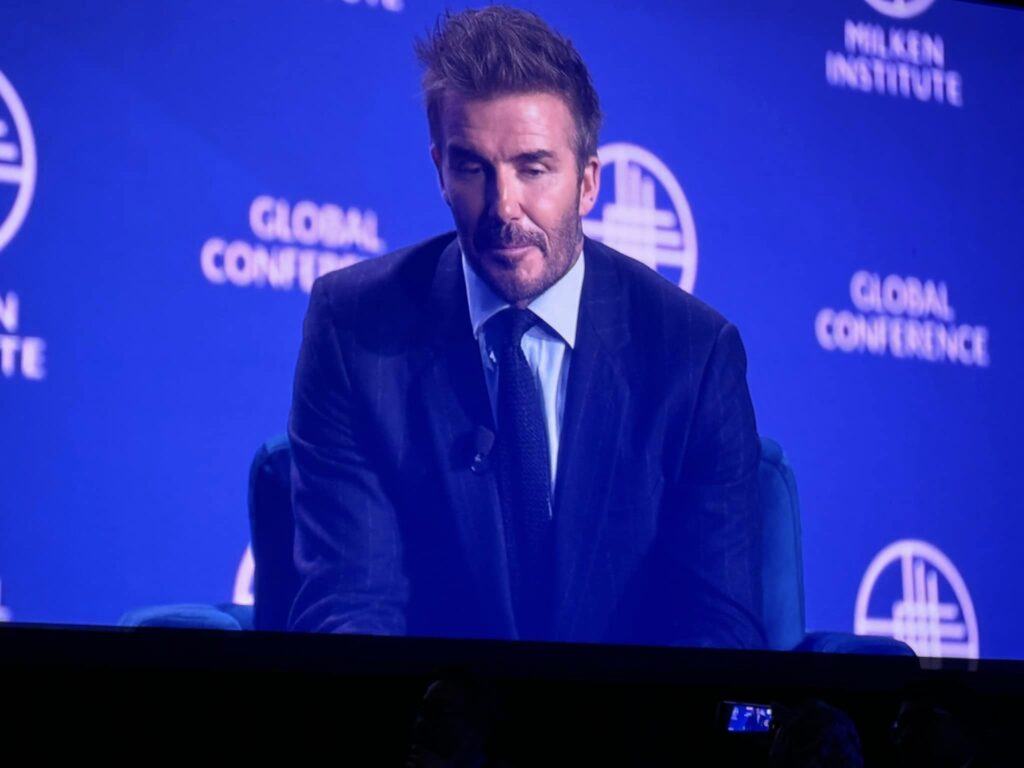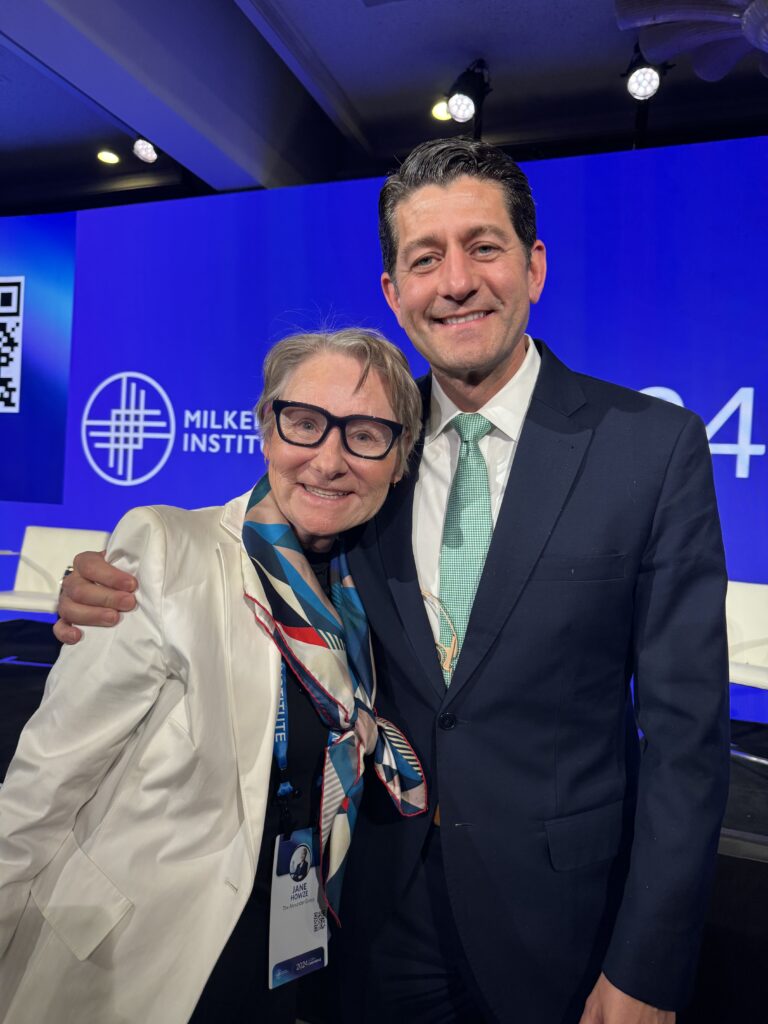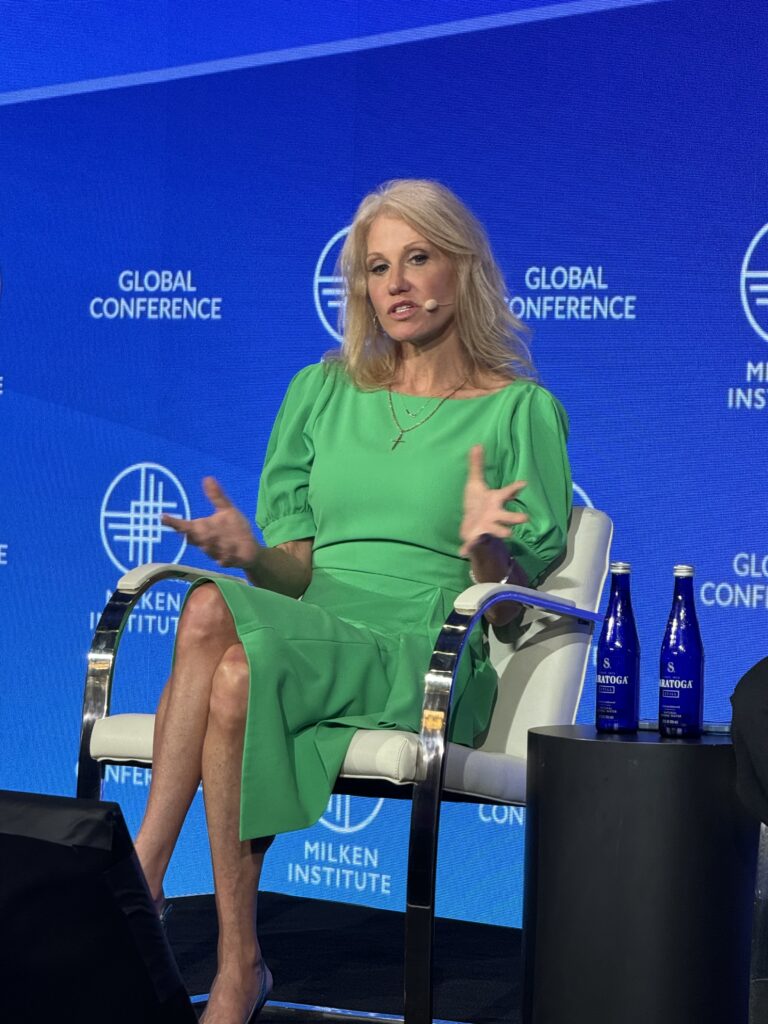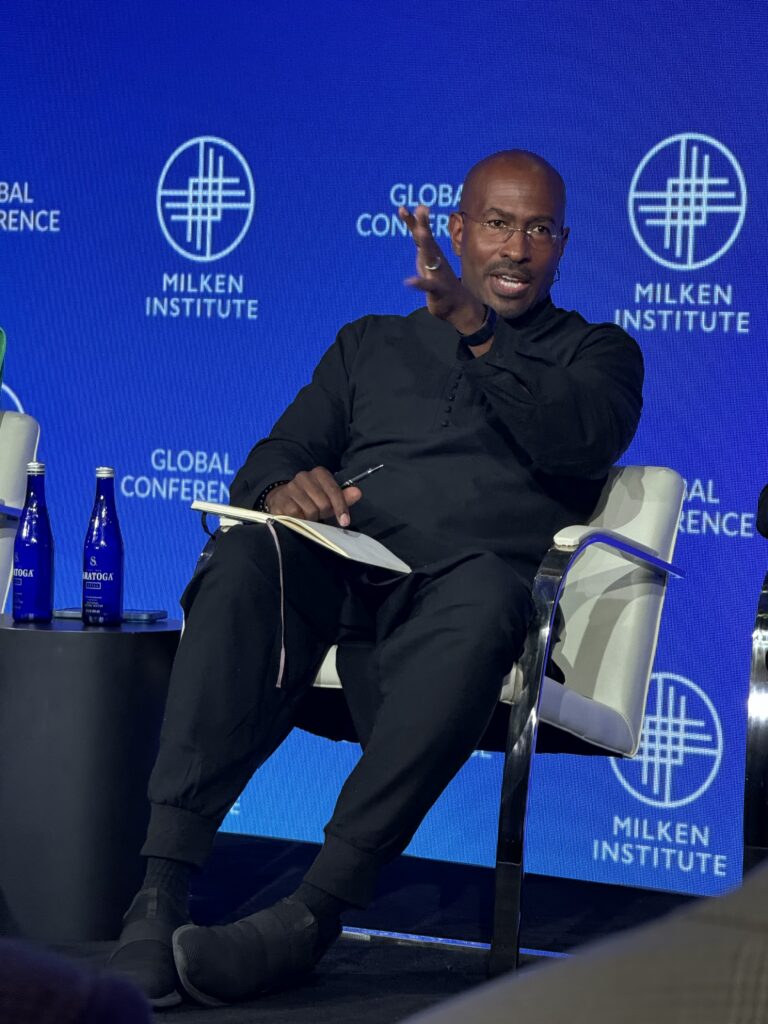Summer travel season has arrived and with it comes opportunities to catch up on New York Times bestsellers, beach reads, and books for personal growth written by modern thought leaders. This holiday weekend, Alexander Group team members are sharing the books they are reading for pleasure, personal enrichment and professional development.
Our Favorite Personal Development Books
From Strength to Strength: Finding Success, Happiness, and Deep Purpose in the Second Half of Life by Arthur C. Brooks
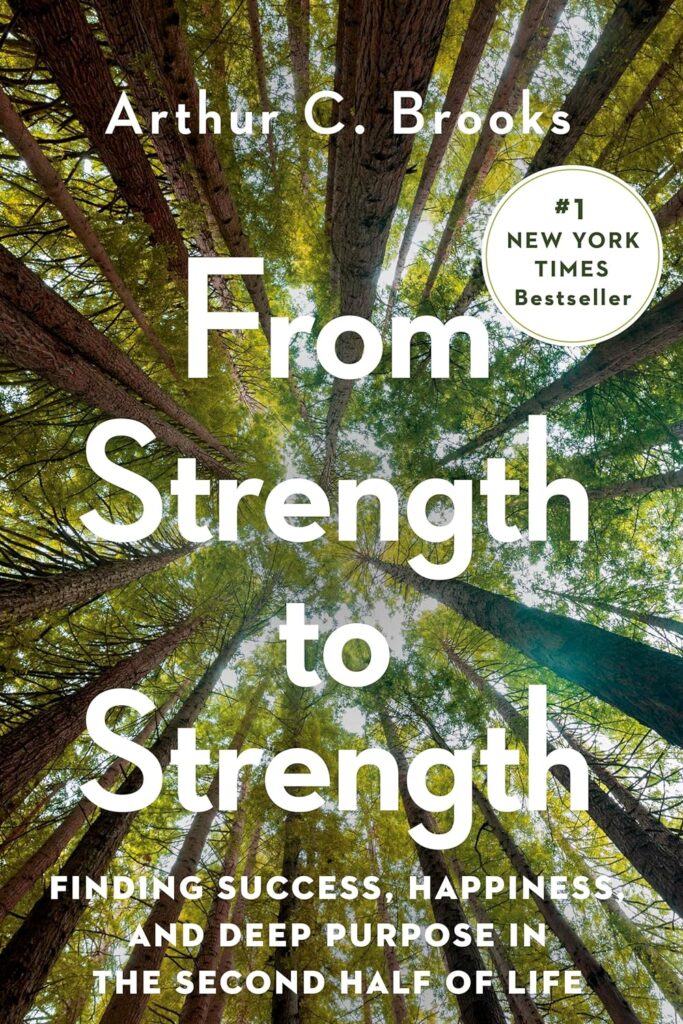
Recommended by: John Lamar, Managing Director
Book Description:
Many of us assume the more successful we are, the less susceptible we become to the sense of professional and social irrelevance that often accompanies aging. But the truth is, the greater our achievements and our attachment to them, the more we notice our decline, and the more painful it is when it occurs.
What can we do, starting now, to make our older years a time of happiness, purpose, and yes, success?
At the height of his career at the age of 50, Arthur Brooks embarked on a seven-year journey to discover how to transform his future from one of disappointment over waning abilities into an opportunity for progress. From Strength to Strength is the result, a practical roadmap for the rest of your life.
Drawing on social science, philosophy, biography, theology, and Eastern wisdom, as well as dozens of interviews with everyday men and women, Brooks’ books for personal growth show us that true life success is well within our reach. By refocusing on certain priorities and habits that anyone can learn, such as deep wisdom, detachment from empty rewards, connection and service to others, and spiritual progress, we can set ourselves up for increased happiness.
Tom Lake by Ann Patchett (narrated by Meryl Streep)

Recommended by: Jean Lenzner, Managing Director
Managing Director Jean Lenzner is a voracious reader and the ultimate TAG source for book recommendations from every literary genre, not just books for personal growth.
Audiobook Description:
In the spring of 2020, Lara’s three daughters return to the family’s orchard in Northern Michigan. While picking cherries, they beg their mother to tell them the story of Peter Duke, a famous actor with whom she shared both a stage and a romance years before at a theater company called Tom Lake. As Lara recalls the past, her daughters examine their own lives and relationship with their mother, and are forced to reconsider the world and everything they thought they knew.
Tom Lake is a meditation on youthful love, married love, and the lives parents have led before their children were born. Both hopeful and elegiac, it explores what it means to be happy even when the world is falling apart. As in all of her novels, Ann Patchett combines compelling narrative artistry with piercing insights into family dynamics. The result is a rich and luminous story, told with profound intelligence and emotional subtlety, that demonstrates once again why she is one of the most revered and acclaimed literary talents working today
“I would gladly listen to anything with Meryl Streep as the narrator. This explores love, family dynamics and the lives people lived before marriage.”
The Women by Kristen Hannah

Favorite Fiction Empowerment Book Description:
Women can be heroes. When twenty-year-old nursing student Frances “Frankie” McGrath hears these words, it is a revelation. Raised in the sun-drenched, idyllic world of Southern California and sheltered by her conservative parents, she has always prided herself on doing the right thing. But in 1965, the world is changing, and she suddenly dares to imagine a different future for herself. When her brother ships out to serve in Vietnam, she joins the Army Nurse Corps and follows his path.
As green and inexperienced as the men sent to Vietnam to fight, Frankie is overwhelmed by the chaos and destruction of war. Each day is a gamble of life and death, hope and betrayal; friendships run deep and can be shattered in an instant. In war, she meets—and becomes one of—the lucky, the brave, the broken, and the lost.
But war is just the beginning for Frankie and her veteran friends. The real battle lies in coming home to a changed and divided America, to angry protesters, and to a country that wants to forget Vietnam.
“A young American woman coming of age novel set against the backdrop of the of the Vietnam War.”
Crooked by Nathan Masters
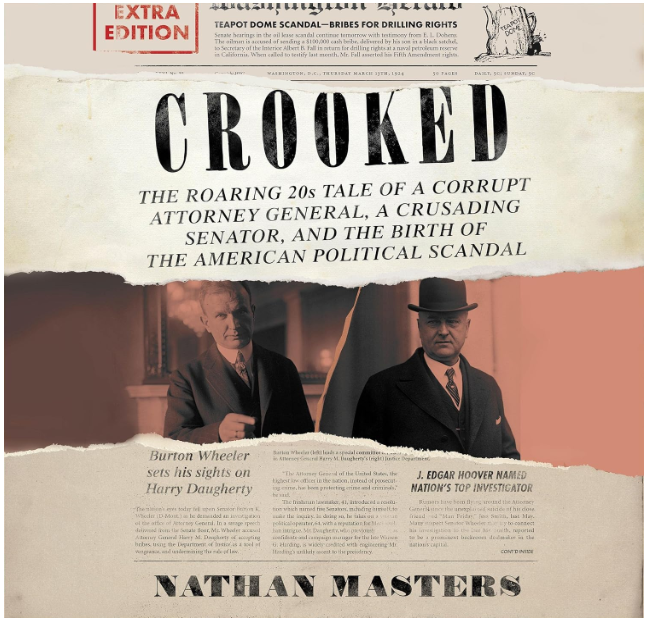
Favorite Non-Fiction Personal Growth Book Description:
Many tales from the Jazz Age reek of crime and corruption. But perhaps the era’s greatest political fiasco—one that resulted in a nationwide scandal, a public reckoning at the Department of Justice, the rise of J. Edgar Hoover, and an Oscar-winning film—has long been lost to the annals of history. In Crooked, Nathan Masters restores this story of murderers, con artists, secret lovers, spies, bootleggers, and corrupt politicians to its full, page-turning glory.
Newly elected to the Senate on a promise to root out corruption, Burton “Boxcar Burt” Wheeler sets his sights on ousting Attorney General Harry Daugherty, puppet-master behind President Harding’s unlikely rise to power. Daugherty is famous for doing whatever it takes to keep his boss in power, and his cozy relations with bootleggers and other scofflaws have long spawned rumors of impropriety. But when his constant companion and trusted fixer, Jess Smith, is found dead of a gunshot wound in the apartment the two men share, Daugherty is suddenly thrust into the spotlight, exposing the rot consuming the Harding administration to a shocked public.
Determined to uncover the truth in the ensuing investigation, Wheeler takes the prosecutorial reins and subpoenas a rogue’s gallery of witnesses—convicted felons, shady detectives, disgraced officials—to expose the attorney general’s treachery and solve the riddle of Jess Smith’s suspicious death. With the muckraking senator hot on his trail, Daugherty turns to his greatest weapon, the nascent Federal Bureau of Investigation, whose eager second-in-command, J. Edgar Hoover, sees opportunity amidst the chaos.
“Jazz Age story of corruption and scandal perpetrated by our most corrupt US Attorney General and a US senator who goes against all odds in his fight to bring him down, while also documenting the rise of J. Edgar Hoover. Hard to believe this book is non-fiction.”
Free Food for Millionaires by Min Jin Lee

Recommended by: Sarah Mitchell, Director
Book Description:
Meet Casey Han: a strong-willed, Queens-bred daughter of Korean immigrants immersed in a glamorous Manhattan lifestyle she can’t afford. Casey is eager to make it on her own, away from the judgements of her parents’ tight-knit community, but she soon finds that her Princeton economics degree isn’t enough to rid her of ever-growing credit card debt and a toxic boyfriend. When a chance encounter with an old friend lands her a new opportunity, she’s determined to carve a space for herself in a glittering world of privilege, power, and wealth—but at what cost?
Set in a city where millionaires scramble for the free lunches the poor are too proud to accept, this sharp-eyed epic of love, greed, and ambition is a compelling portrait of intergenerational strife, immigrant struggle, and social and economic mobility. Addictively enjoyable, Min Jin Lee’s bestselling debut Free Food for Millionaires exposes the intricate layers of a community clinging to its old ways in a city packed with haves and have-nots.
“I’m always reading fiction! I try to read for an hour every night before bedtime – my brain appreciates going somewhere a little less real at the end of the day before sleep. Up next in my queue is Free Food for Millionaires by Min Jin Lee. She wrote Pachinko – I read that book last year and never got it out of my mind. Right behind it is South of the Border, West of the Sun by Haruki Murakami, one of my top five novelists of all time.”
Never Lie by Freida McFadden

Recommended by: Abby Buchold, Senior Research Associate
Book Description:
Two newlyweds are searching for their dream house visit the remote home of a renowned psychiatrist who disappeared four years prior. They wind up stuck there overnight due to a bad snowstorm. While looking for something to read to pass the time, Tricia finds a secret room containing audio transcripts for all of the doctor’s patients. Tricia listens to the tapes and discovers the horrific events leading up to Dr. Hale’s disappearance. All will be revealed when she listens to the final tape.
“I have not gotten very far into the book yet, but I’m thinking it will be a good mystery for summer with plenty of twists and turns.”
The 5 Languages of Appreciation in the Workplace by Gary Chapman and Paul White
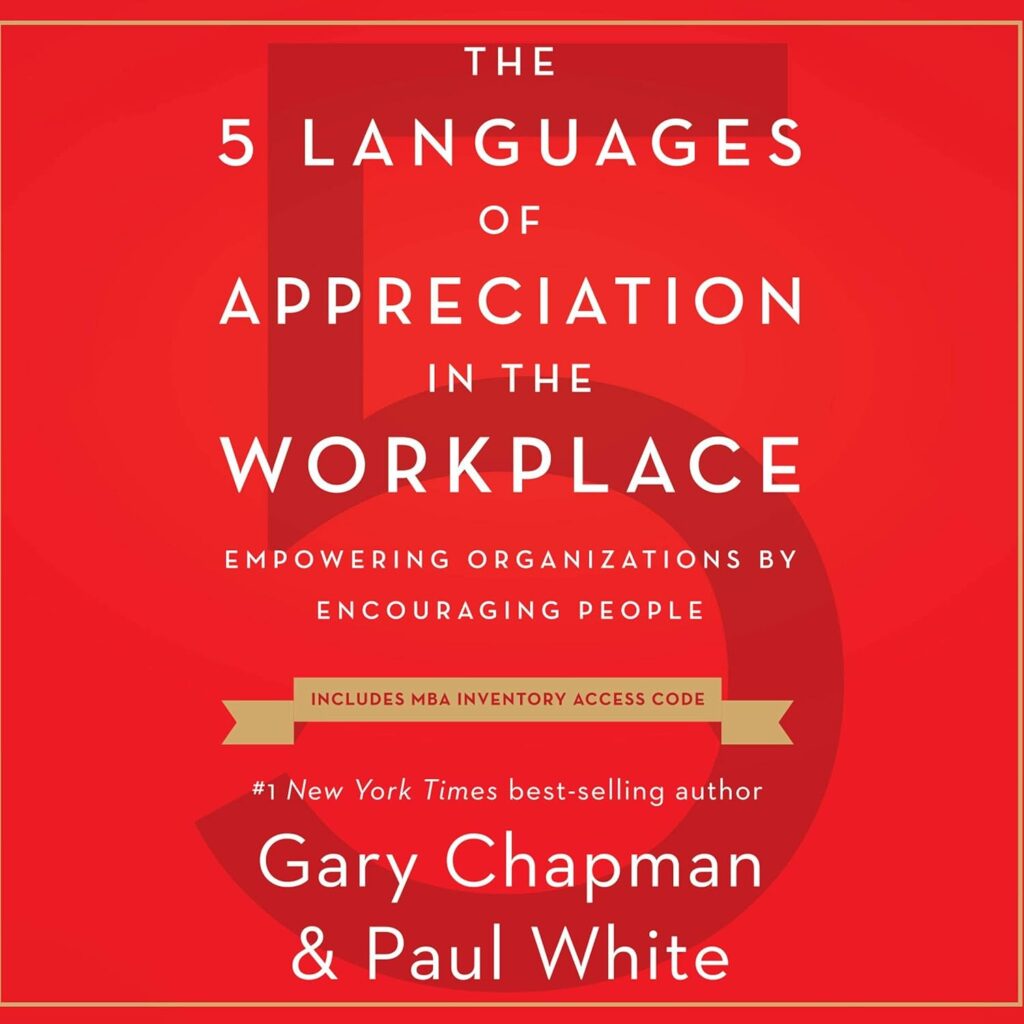
Recommended by: Jodi Smith, Manager of Administration Support
Book Description:
Dramatically improve workplace relationships simply by learning your coworkers’ language of appreciation.
This audiobook will give you the tools to improve staff morale, create a more positive workplace, and increase employee engagement. How? By teaching you to effectively communicate authentic appreciation and encouragement to employees, co-workers, and leaders. Most relational problems in organizations flow from this question: do people feel appreciated? This audiobook will help you answer “Yes!”
A bestseller on the list of books for personal growth—having sold over 300,000 copies and translated into 16 languages—this audiobook has proven to be effective and valuable in diverse settings. Its principles about human behavior have helped businesses, non-profits, hospitals, schools, government agencies, and organizations with remote workers.
When supervisors and colleagues understand their coworkers’ primary and secondary languages, as well as the specific actions they desire, they can effectively communicate authentic appreciation, thus creating healthy work relationships and raising the level of performance across an entire team or organization.
Growth-Minded Resources and Books for Personal Growth for Executives
Books on personal growth can offer valuable insights that extend beyond individual development—they can also shape leadership skills and enhance professional effectiveness. The Alexander Group is a global executive search firm dedicated to finding transformative leaders. We understand the power of continuous learning. Whether aiming for personal growth or seeking executive insights, these books can provide the inspiration and guidance needed to thrive in your personal and professional journey.
We can support your next C-level search. Contact us to explore how our executive search expertise can connect you with transformational opportunities that align with your vision of success.



